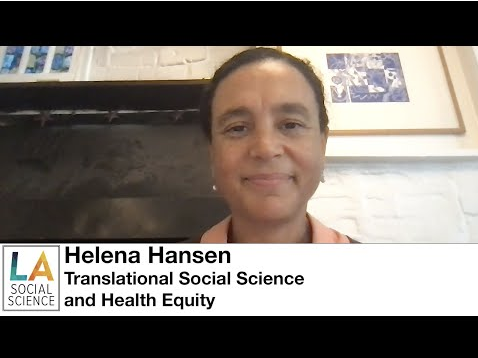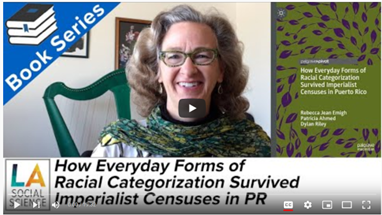
UCLA LPPI Stakeholders Reflect on Transition from ‘Initiative’ to Institute
"Latino Policy and Politics Institute Founding Executive…

LA Social Science Presents “Conversations With Changemakers” Featuring Dr. Helena Hansen Discussing the Center for Social Medicine and Humanities
LA Social Science interviewed Dr. Helena Hansen, an MD, Ph.D.…

LA Social Science Book Series Examining Everyday Forms of Racial Categorization in Puerto Rico with Professor Rebecca Jean Emigh
In the new book entitled How Everyday Forms of Racial Categorization…

LA Social Science 2022 Summer Courses for UCLA Department of Communication – Enroll Today!
LA Social Science wants to highlight some of the summer courses…

